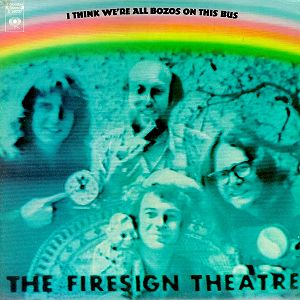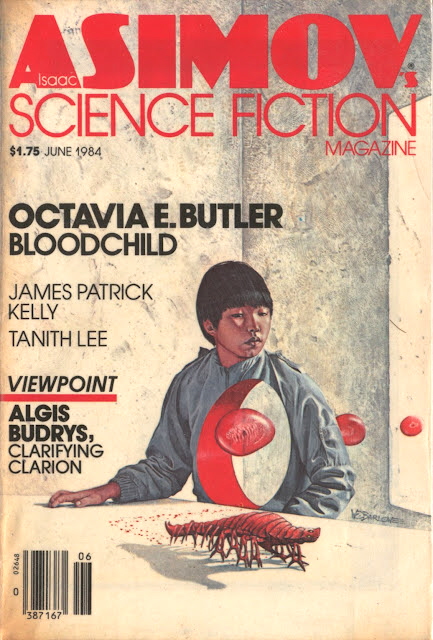Revision of Week Nine: Space Opera
This week we talked about the genre of space opera. The space opera was a landmark of the progression of human history as shown in popular culture and literature. The same principles of storytelling, the 'hero's journey', all wrapped up in a line of sight pointing straight towards the future-- best represented in the mid-1900's by space travel and the promise that outer space holds for the future of the human race. Everything that people thought that the future would hold, they projected onto the literature and media that they created. The common vision of the future was shaped by science fiction; and I think that in a way many of the advancements and things we have invented in this day and age came from our classic vision of what the future would be. Still today we are trying to create hoverboards!
This sentiment is one that I think still holds true... for example, the lasting effect that space operas like Star Wars and Star Trek holds even in our culture today is undeniable. Though, I think that there is a part of these stories that determines their timelessness that separates it from the rest of the genre and helps propel it so far into the collective consideration of what is a 'classic'. Movies like Star Wars cater to the viewer's emotions, and feel relatable. Even though the story is taking place on alien planets, with unimaginable circumstances, the viewer can relate to the troubles of the characters because the language of emotion never changes, even in a strange context. Many of the stories of this genre-- The Stars My Destination for example, which I read a bit of this week-- kind of fall back into the darkness because of this. The subject matter is so strange and alien, and without the heavy emotional relateability, the story is not one that is going to make it too far into pop culture.
Take for example, Interstellar, if you've seen it yet-- it's a big-budget sci-fi movie that plays hugely on the sensation of human emotions and humanity's undefeatable will to live and survive as a whole. It was hugely successful! And I think that is why-- after Star Wars, we learned that the most lasting works in the space opera genre are those that we as a whole can project onto and learn from.
Space operas are, as a whole, a glossy, flashy vision of what many of us perceive to be a perfect adventure. Strong, mighty-willed characters, evil villains and all sorts of troubles that the hero finds they are able to overcome with the power of love. They're totally unrealistic, but even after in later years we moved onto more gritty, realistic science fiction, we just can't quit the space opera. For years to come we will be seeing more space operas, reboots and new stories alike.




